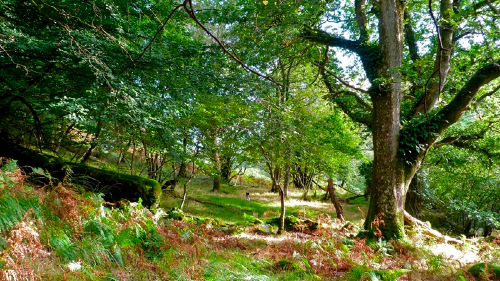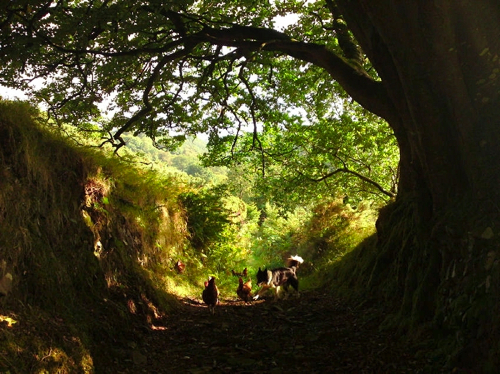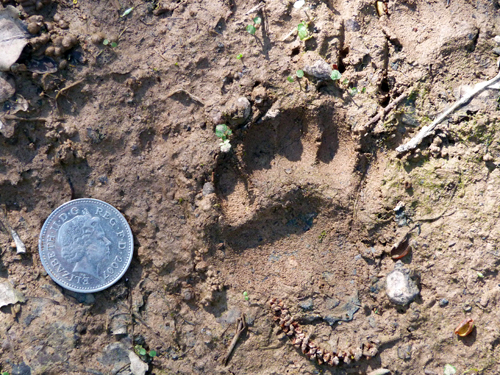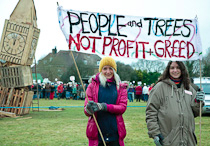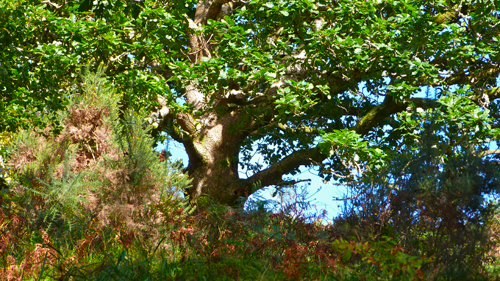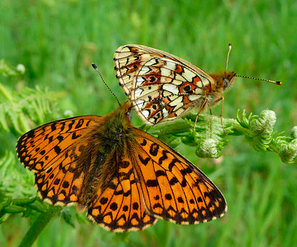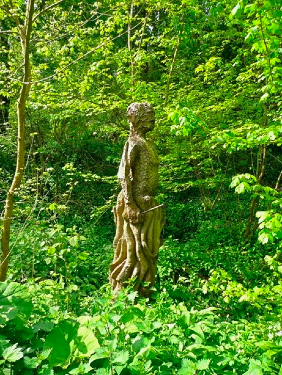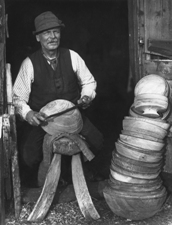1. The Public Bodies Bill is a Government Bill which has started in the House of Lords. When the Lords have passed the Bill, it will go to the House of Commons where it will start again. Commons procedures are similar but differ in important respects (no separate Third Reading and a strict timetable and selection of amendments so the scrutiny of the Bill is often less thorough – they are more likely to concentrate on the “headline issues”).
2. The stages of a Bill in the Lords are:
- First Reading (formal, no discussion)
- Second Reading (a general debate on the Bill)
- Committee Stage (detailed clause by clause, even line by line discussion)
- Report Stage
- Third Reading
3. The PBB had its second reading on 9th November and started Committee stage (a Committee of the Whole House) on 23rd November. So far it has had 7 days in Committee.
4. Committee stage is when most of the detailed scrutiny of the Bill takes place. Large numbers of amendments are often tabled. In the Lords each amendment is debated, but most are then withdrawn. A very few may be voted on if the mover wishes that to happen. They are “grouped” into “groupings” of amendments which are about the same or related issues and the amendments in each grouping are debated together. Government amendments are likely to be passed; other amendments are tabled for debate. Occasionally the Government may accept one or two but most could only be passed if the House voted for them against the wishes of the Government.
5. Two amendments about the Forest of Dean will be debated at the next session, but most of the forestry clauses and amendments will be debated in a series of groupings towards the end of the Bill – probably some time in March.
6. The next stage will be Report (at least two weekends after the end of Committee). The procedure is similar but tighter. Amendments tabled for a serious vote are often tabled at this stage. Government amendments may be tabled either at Committee or (more usually) at Report; some may be responses to the Committee debates. The Government is promising amendments to the forestry provisions to insert assurances/safeguards promised in their recent policy statement. We don’t yet know what they will say, or when they will be tabled, though Ministers have said it will be while the Bill is in the Lords.
7. The next stage will be Third Reading (usually a week after Report). This is mainly a chance to “tidy up” the Bill with technical amendments, and a chance for the Government to table amendments which respond to promises made during earlier stages. It will then be “passed” and sent to the Commons.
8. If the House of Commons makes any changes to the Bill, it will have to return to the Lords for our agreement. If there is a disagreement it may “ping pong” between the two Houses until agreement is reached. Often the Commons prevail (as the elected House) but sometimes each House digs in its heels and there may in the end be a compromise agreement. It will then go for Royal Assent and become an Act of Parliament (the Public Bodies Act 2011).
COMPOSITION OF THE HOUSE OF LORDS
(including all new members)
GOVERNMENT: Conservative 220 – Liberal Democrat 94
OPPOSITION: Labour 243
OTHERS: Crossbench (Independents) 185 – Bishops 26 – Irish 8 – UKIP 2 – Others 17
TG 01/02/2011













